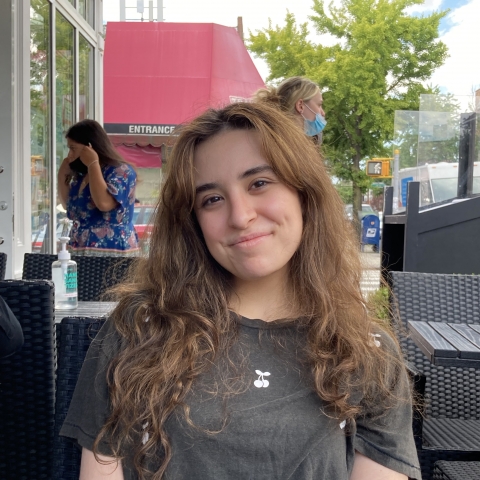Zeinab Ismail

- Home Institution: Saint John's University
- Program: REU at CBB
- Semester: Summer 2021
- Expected Graduation Year: 2023
- Mentor(s): Matt Andorf & Sam Levenson
Q&A
What is the research you are engaged in and what have you accomplished this summer?
This summer I worked with Mathew Andorf and Samuel Levenson on developing multi objective genetic algorithms to work on two objectives: non-linear path lengthening and optimization of the dynamic aperture. I learned things including, but not limited to, how to use genetic algorithms, got more hands on work with Python, and learned to parallelize code to speed the process when using Fast Fourier transform to find tune values. The goal of the project is to be able to optimize the objectives, without having them interfere with one another, and give the accelerator beam more stability.
What are the impacts of your research for the general public?
The dynamic aperture of the accelerator beam is the region of most stability in the beam. The particles traveling within the DA are able to go through the accelerator without being lost or destroyed. The goal of the project is to optimize the DA, allowing more particles to survive the trip around the accelerator, while also taking into account the non-linear elements of projects that may put the machine at risk. There will be less possibilities of it breaking down and minimize any costs that may result.
What did you enjoy most about this research/summer experience?
I enjoyed learning how to use python and immersing myself into the field of accelerator physics. Prior to the internship, I did not have much knowledge pertaining to coding, but because the internship was remote, all the work I had to do was on the computer, it forced me become better in coding to be able to do the difficult tasks assigned to me. I also enjoyed learning with experienced and patient mentors, who were always glad to aide me in my learning process.
What did you find the most challenging about this research?
Because of my lack of experience in coding, it felt a bit stressful to learn to both how to use python and use it in my research at the same time. However, because I believe what doesn’t kill you makes you stronger, this experience has also been beyond positive for me.
How has this experience changed your view about being a researcher?
This experience has only reinvigorated my desire to earn a PhD in physics and become a researcher. Although in what I’m not sure yet. It also taught me that being a researcher is by no means easy. I always thought it was easier to study and work on an assignment when given ultimate freedom on how to work with it. However, after being given an assignment and having to navigate by myself to get the answer I realized it is not easy whatsoever. This realization means a lot to me.
